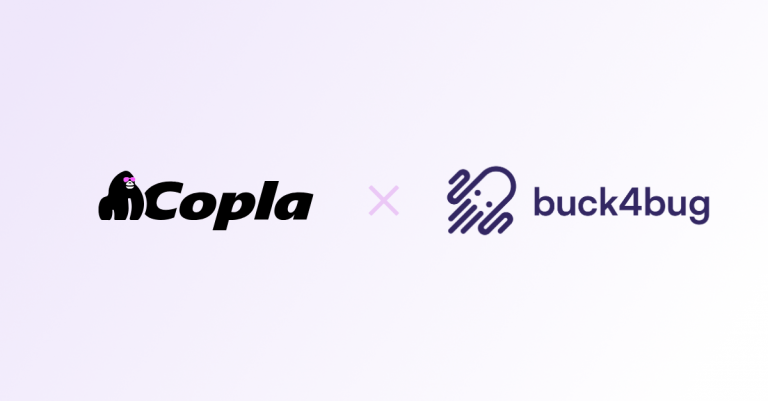Static registers with Excel and email threads collapse under scrutiny, leading to risks and delays. On that we all can agree. The thing is that upgrading isn’t a burden. It’s the other way around. It turns compliance into a brand asset that builds trust with regulators, partners, and customers.
With DORA, NIS2, ISO 27001, SOC 2, GDPR, and the upcoming EU AI Act, compliance reporting has shifted. Regulators expect evidence of operational resilience, and customers expect the same. Trust in your security posture has become a brand differentiator. For a fintech, it can mean winning a partner, securing an investor, or losing a customer who doubts their data is safe.
The EU’s new regulatory reality
Since January 2025, DORA requires regulator-ready formats (XML/CSV) and proof of continuous updates — not one-off spreadsheets. Supervisors now focus on whether registers reflect reality.
In the European Supervisory Authorities’ 2024 Dry Run of DORA registers, only 6.5 % of industry submissions passed all data-quality checks, while half failed at least one critical requirement. Regulators concluded that industry must make “additional efforts” to achieve sufficient quality in 2025 — proving that manual registers aren’t sustainable.
For fintechs, this isn’t just about compliance risk. It’s about brand risk. Clients and investors increasingly ask: “Can you demonstrate resilience? Not just on paper, but in practice?”
Why a guided ICT compliance solution strengthens your brand
Platforms like Copla replace fragile Excel files with dynamic, regulator-ready registers. They automatically synchronize information across teams and frameworks, ensuring everyone works from the same source of truth. At the same time, they capture evidence and maintain full audit trails, so compliance is always transparent and verifiable. When regulators request information, reports can be exported instantly in the required format.
From the customer’s perspective, this way of working is reassuring.
- Regulators see a system that proves resilience.
- Partners see a business that safeguards shared systems.
- Investors see a company that reduces operational risk.
- And last, by not least, end customers see a brand they can trust with sensitive data and money.
From liability to advantage
This is how compliance stops being a burden and becomes part of your brand. With guided, automated registers, you show regulators that you’re always ready, give partners confidence in working with you, reassure investors of your maturity, and prove to customers that their trust is well placed.








